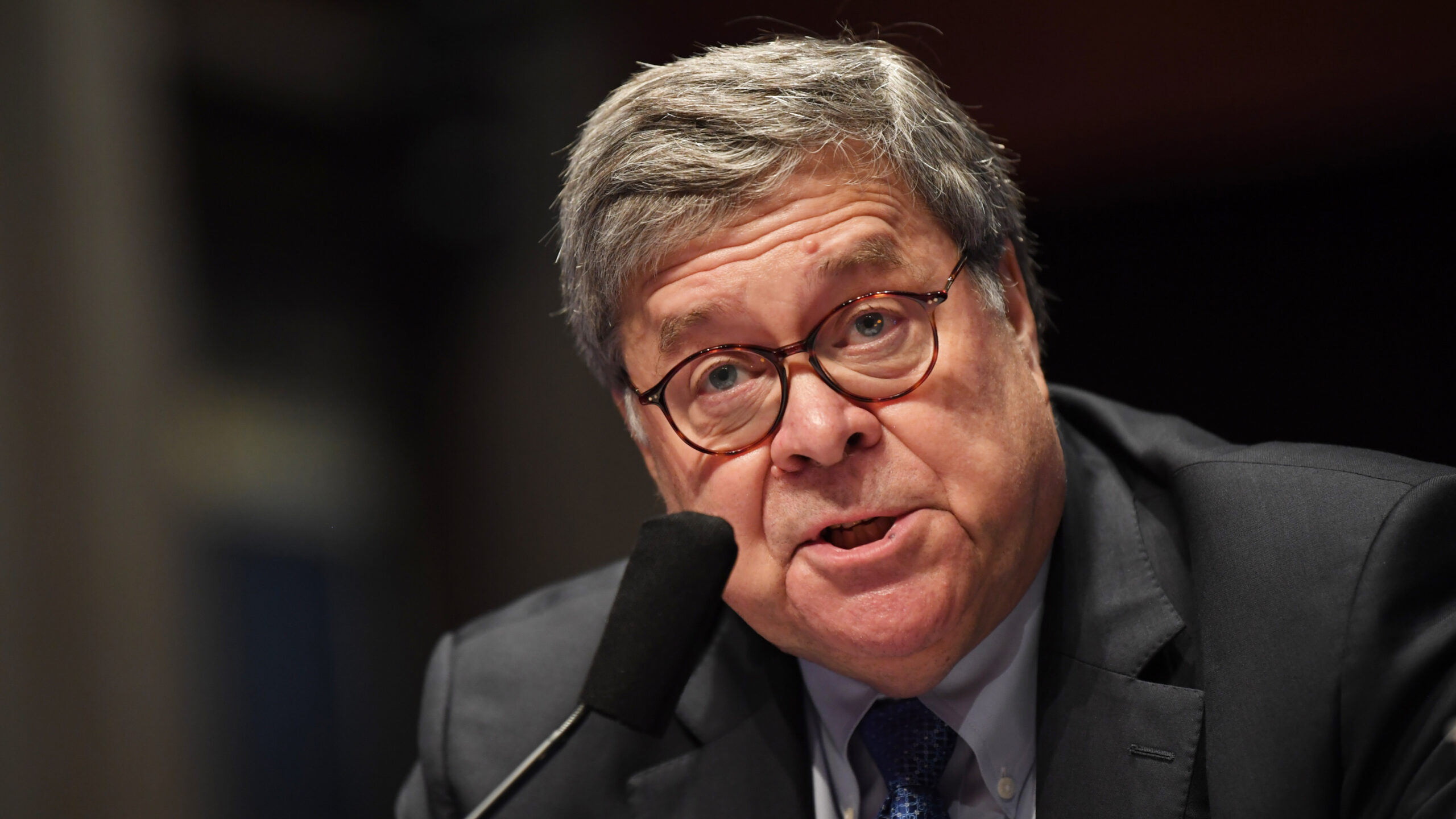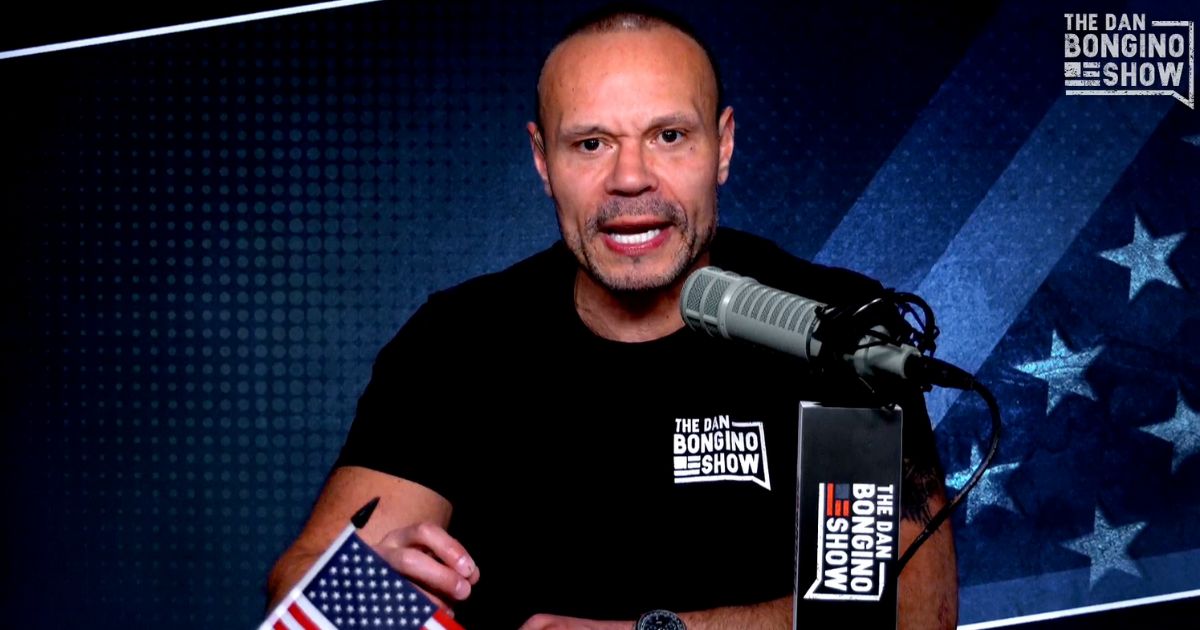Analysis: Debt deal could boost unloved corners of US stock market
Global Investors Analyze Potential Ripple Effects of US Debt Ceiling Deal
By Laura Matthews and Chibuike Oguh
(Reuters) – Global investors are gaming out how a tentative deal to raise the United States debt ceiling could ripple through markets, as lawmakers face a difficult path to pass the agreement through Congress before the June 5 deadline.
A deal to lift the $31.4 trillion debt limit announced by the White House and House Republicans late Saturday would avert a catastrophic U.S. default and boost overall appetite for risk while also buoying some of the sectors that have been left behind in this year’s tech-led rally, such as cyclical stocks and small caps, investors said.
But some are wary that proposed spending cuts could weigh on U.S. growth. At the same time, a negotiation process that barely avoided a default threatens to undermine the U.S. standing with credit ratings agencies.
Investors Weigh In
- “While the White House’s debt ceiling agreement is great news, the U.S. government still has a cash flow problem and time is of the essence to finalize the agreements,” said Bob Stark, global head of market strategy at treasury and financial management firm Kyriba. “The debt ceiling agreement is only the first step in saving the government from the brink of illiquidity.”
- “The hope is that the approval of this tentative deal will help underpin the broader market and not just the handful of big tech names that have kept the market well in positive territory,” said Quincy Krosby, chief global strategist at LPL Financial.
- “We will get the optimism that a deal is done and that a real crisis is averted, and the dreaded liquidity drain at the same time,” said Damien Boey, macro strategist at BarrenJoey in Sydney, Australia. “I think you will find that interest rate volatility will rise, and this will cause banks and non-AI growth stocks to be laggards.”
The deal suspends the debt ceiling until January 2025 in exchange for caps on spending and cuts in government programs. Narrow margins in the House and Senate mean that moderates from both sides will have to support the bill.
U.S. Treasury Secretary Janet Yellen on Friday set a deadline for raising the federal debt limit, saying the government would default if Congress does not increase the debt ceiling by June 5.
Near Miss?
Since the $24.3 trillion U.S. Treasury market underpins the global financial system, a default – or even a close call – could trigger massive volatility across global markets.
The uncertainty periodically weighed on stocks over the last week, although most investors and analysts said they had expected an 11th-hour agreement. Optimism that a debt ceiling deal was near and hefty gains in AI-related stocks helped the S&P 500 close at its highest level since August 2022 on Friday. It is up 9.5% year to date.
Among the market sectors that stand to benefit from a deal are defense stocks, which have lagged during the negotiations, as well as cyclical sectors of the market and energy stocks, said Quincy Krosby, chief global strategist at LPL Financial.
But market participants are also wary of how proposed spending caps will impact specific sectors as well as the broader U.S. economy.
“What investors will now focus on is the cost of the spending cuts to the health of the American economy,” Stark said. “How much impact will these spending cuts have on GDP and economic growth?”
Meanwhile, the brinkmanship in Washington could also prompt rating agencies to downgrade U.S. debt. Ratings agency Fitch late Wednesday put the United States on credit watch for a possible downgrade while DBRS Morningstar on Thursday placed U.S. credit ratings under review with “negative implications.”
S&P Global Ratings stripped the United States of its coveted top rating over a debt ceiling showdown in 2011, a few days after a last-minute agreement the agency at the time said did not stabilize “medium-term debt dynamics.”
The downgrade contributed to a decline in U.S. stocks that saw the S&P 500 lose some 17% between late July and mid-August of 2011.
S&P Global Ratings, Fitch and Moody’s did not immediately respond to a Reuters request for comment.
" Conservative News Daily does not always share or support the views and opinions expressed here; they are just those of the writer."





